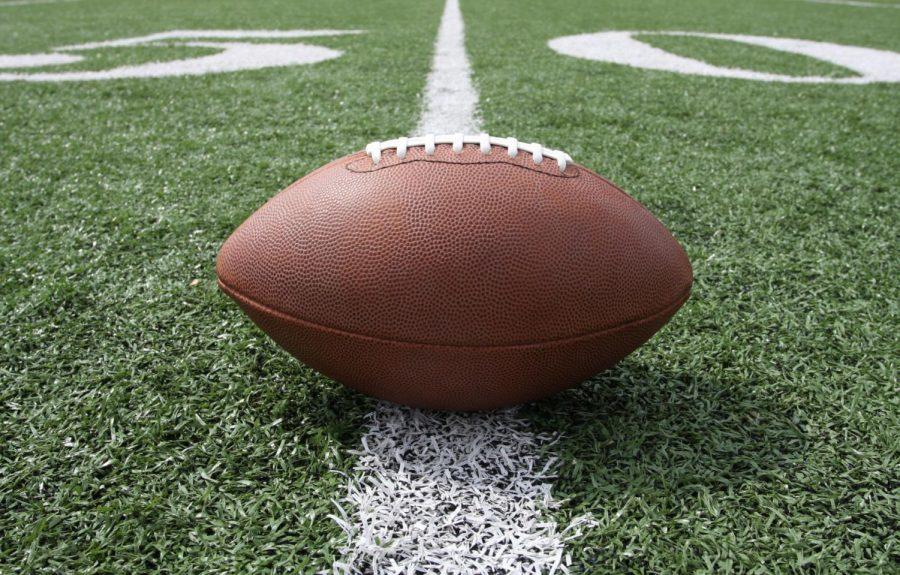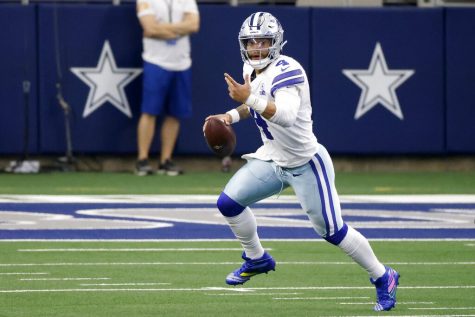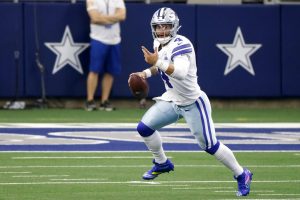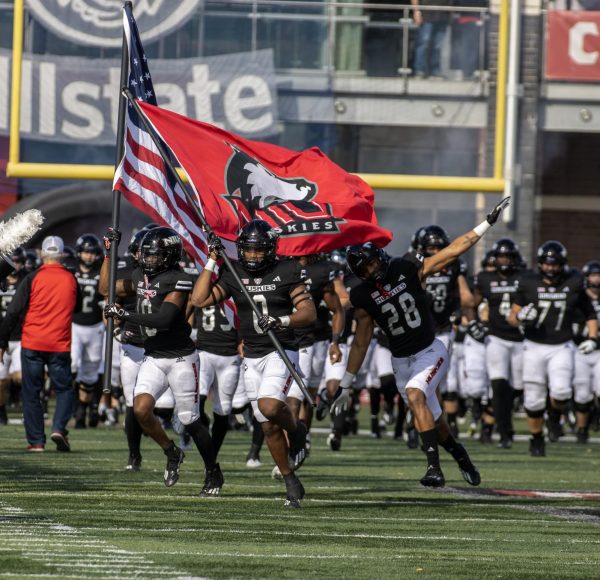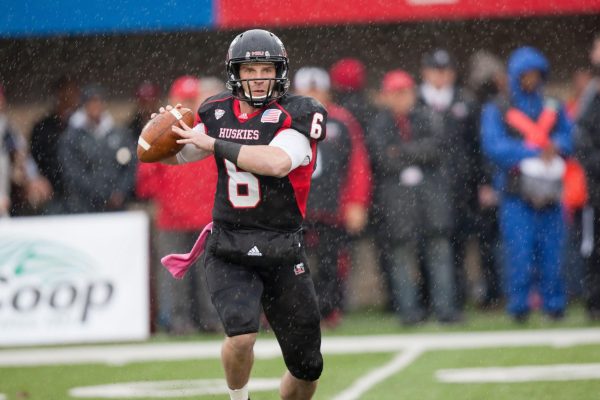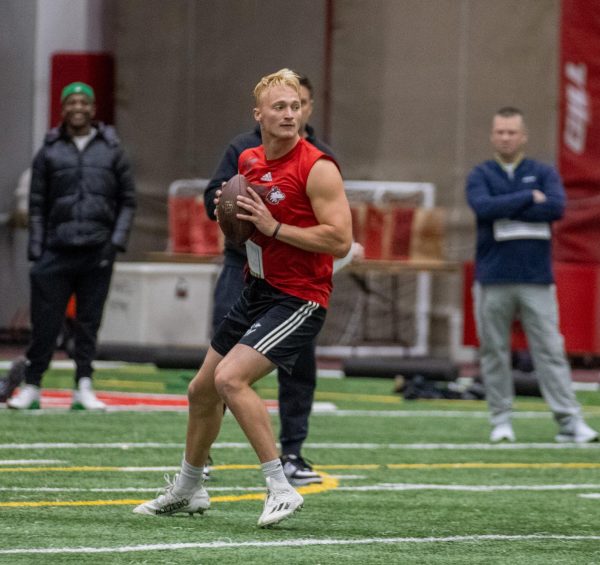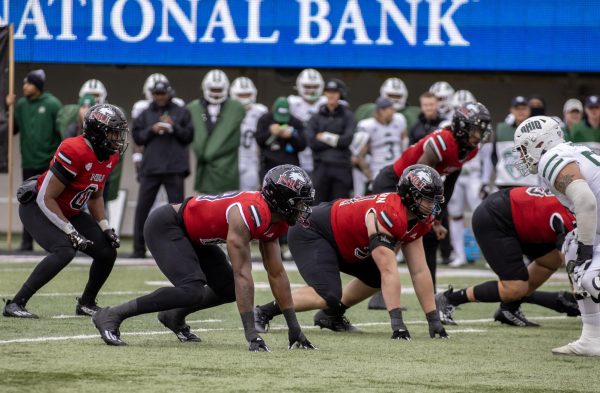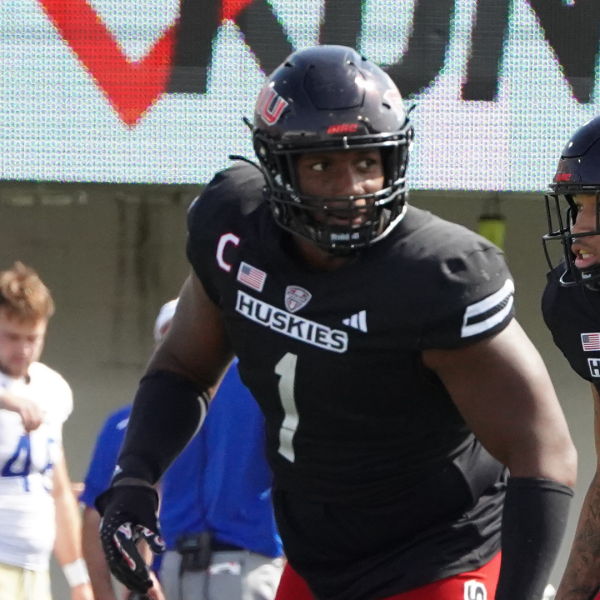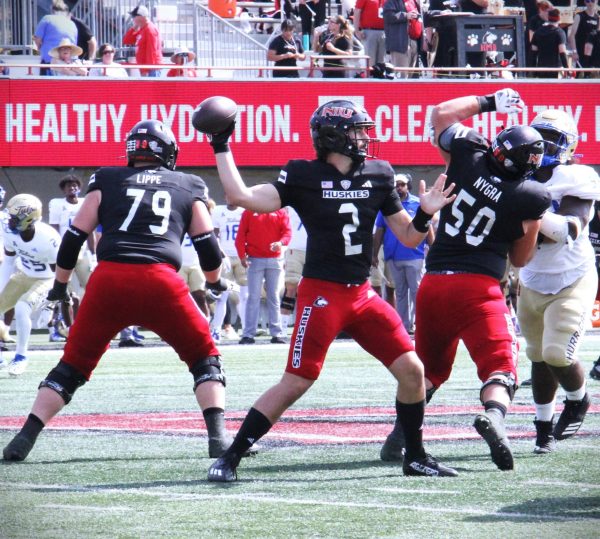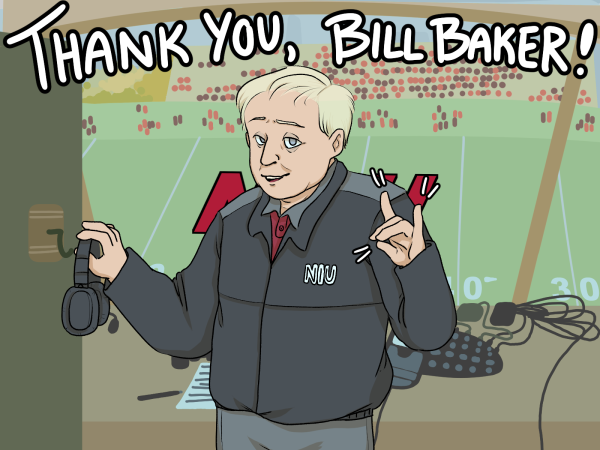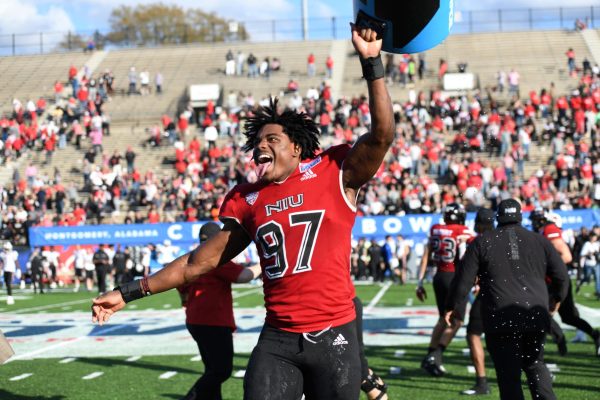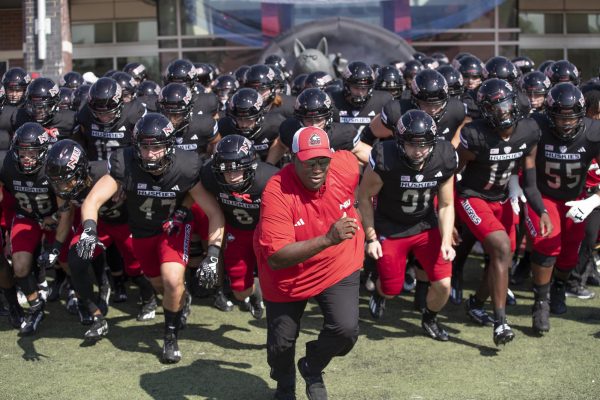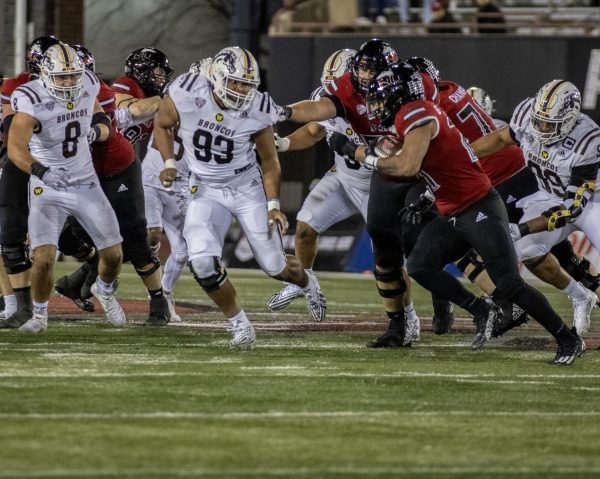NIU came close to not having a football season
However, there’s been no NIU football before
October 19, 2020
DeKALB — College homecomings are a spectacle for communities across the country. Every fall, parents take their families to their alma maters and walk the same streets they did, eating at the same haunts they attended Friday nights. Homecoming week just does that for a community, but this year homecomings looked eerily different. There were no parades, bars and restaurants had a capped occupancy, stadiums weren’t full to capacity, and for some, empty entirely.
COVID-19 changed the landscape of “normal” in college athletics. Schools like Alabma, Clemson and Notre Dame are forced to cap normally sold out stadiums at miniscule numbers. Others such as Ohio State, Iowa and NIU; forced to lock their gates to spectators.
For the first time in over 100 years, NIU saw the possibility of not having a college football season. The university weighed the options of playing a saturday game on the gridiron against the health of its community. During that process, COVID-19 almost brought college football to its knees, making some ask if a virus can derail this American staple. Have any other events had the same impact?
“NIU did not have varsity football during the 1917-1919 seasons,” NIU historian Mike Korcek said. “The reason given, for decades, was World War I.”
The first World War caused the U.S. to send 4.7 million men across the world to fight, making the opportunity to hold male varsity athletics difficult.
“The campus’ enrollment was so small back then, and then the war cut into the male population,” Korcek said.
During World War I, NIU was also a teachers’ college. It wasn’t until 1957 that NIU became a fully-fledged university, increasing its enrollment.
NIU did not carry a football team from 1917 to 1919, but returned a team for the 1920 season placing a record of 3-5 in its return season according to past Northern Illinois yearbooks.
Both World War I and the COVID pandemic have caused a national call to action. World War I sent millions of young Americans across the globe to fight for American ideals. Today, the pandemic has caused Americans alike to protect themselves against a virus that is highly contagious and spreads vigorously.
The staunchest difference: COVID-19 has not made Americans fight for our ideals, if anything, COVID has caused Americans to question their ideals. Self-reflect upon if their personal “freedoms” and “rights” outweigh the greater good of their larger communities.
Is packing a college stadium full of undergrads, parents and alumni of all ages worth the possibility of just one contracting a virus that currently has no cure?
Better yet, is the decision to play a contact sport, during a pandemic that is spread by being in close proximity to others a wise decision?
While the war made it improbable to roster a team, COVID-19 has made university boards and athletic departments alike question whether a Saturday showdown on the turf is worth risking the health of its student athletes, fan bases and communities.


